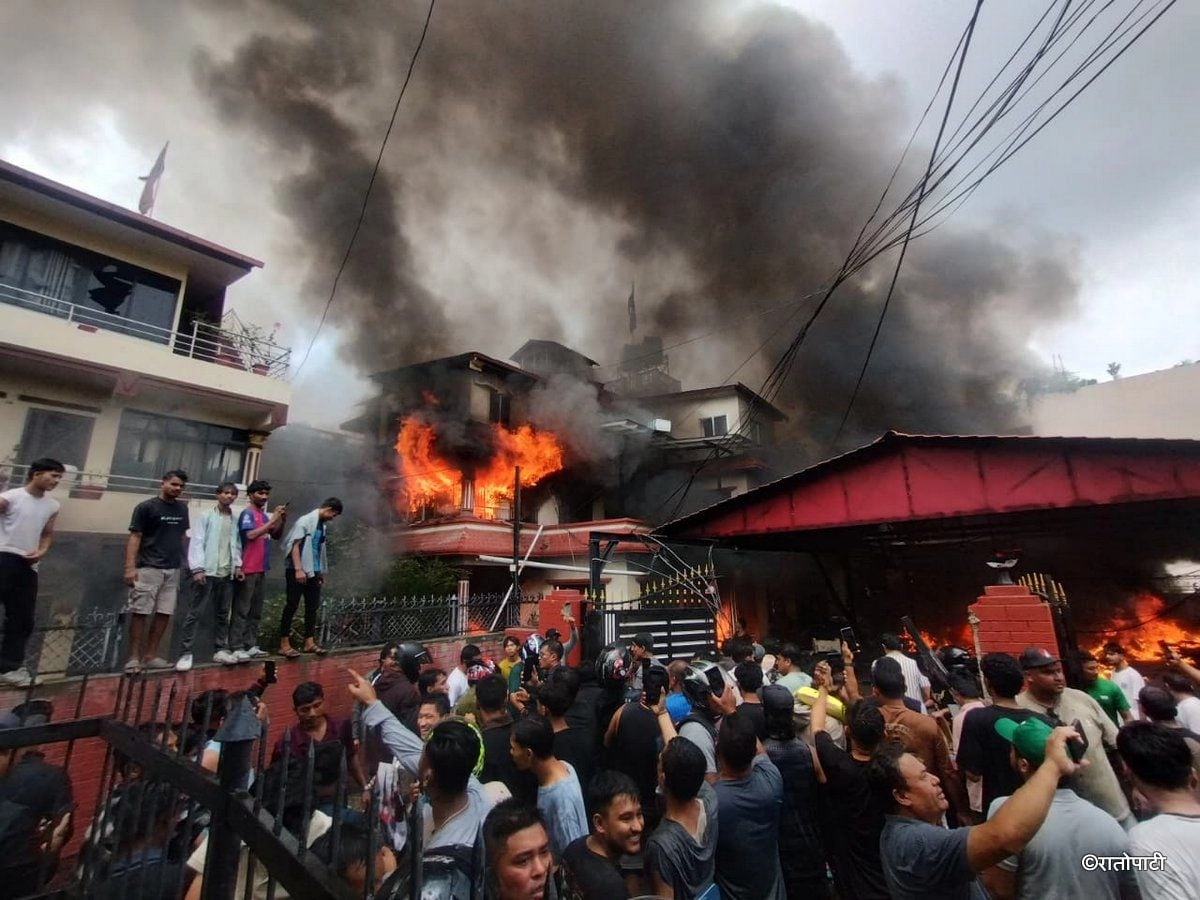In a significant political development in Nepal, former Chief Justice Sushila Karki is set to take the oath as the interim Prime Minister of the nation. This appointment marks a historic moment, as Karki will become the first woman to hold the position of Prime Minister in Nepal’s history. Her ascension to this role comes amidst a period of political uncertainty and transitional governance, reflecting a shift towards inclusivity and representation in the country’s leadership. Karki’s extensive legal background and her tenure as Chief Justice, during which she was known for her commitment to justice and rule of law, make her a compelling choice for the interim leadership.
The decision to appoint Karki as interim Prime Minister underscores the need for stability and effective governance in Nepal during a critical juncture. As the country navigates through various challenges, including political fragmentation and socio-economic issues, Karki’s leadership is expected to focus on unifying the political landscape and fostering dialogue among different factions. Her experience in the judiciary has equipped her with a deep understanding of the legal framework necessary for governance, which will be vital as she seeks to address pressing issues facing the nation.
Moreover, Karki’s appointment is emblematic of broader societal changes in Nepal, where women’s representation in leadership roles has been historically limited. Her rise to the position of Prime Minister symbolizes the breaking of gender barriers and sets a precedent for future generations of women in politics. As she prepares to take the oath, there is considerable public interest and hope surrounding her potential to lead with integrity and transparency. The coming weeks will be crucial as she outlines her agenda and sets the tone for her interim government, which is expected to prioritize key reforms and pave the way for more stable political conditions in the country.
As Sushila Karki steps into this pivotal role, all eyes will be on her administration to see how effectively she can manage the complexities of governance while upholding the principles of democracy and justice. Her leadership will be scrutinized not only for its immediate impact on the political climate but also for the long-term implications it may have on the trajectory of Nepalese politics and the empowerment of women in leadership. With Karki at the helm, there is a renewed sense of optimism that Nepal can move towards a more equitable and just society.




